Employers may pay a premium for the proper education and experience so that you might earn more by doing the same job in a larger company. These could be some of the strongest negotiating points in your following performance review, job interview, or request for a promotion.
These are a few factors that help boost your earnings.
- Education levels
Your industry, education, certifications, and accreditations are important factors determining your income level. Education builds skills that improve your technical understanding of an area and gives you access to a professional network within your industry. As a general rule, the higher your education, the more certified you are to work in specialized roles, and the greater your opportunities are for upward mobility.
2. Experience
Experience is one of the essential factors in determining your salary. It is your primary qualification and reflects your industry insight, career progression and achievements. Your progression within your career also reflects a basis of knowledge that helps inform you how to handle tasks, manage teams and deal with workplace challenges.
3. Skills and abilities
Your skills reflect the technical abilities, insight and mindset you bring into your workplace. Depending on your occupation, different skills are more marketable and relevant to your salary. For example, as a programmer, your knowledge of a programming language is more marketable than your negotiation skills. In contrast, as an insurance agent, your negotiation skills are more marketable than your programming skills. The more skills you acquire, the more potential you have to develop in your role.
4. Work structure
Your salary can also depend on how you structure your income. This could include working part-time, full-time, hourly, salary or contract. Working longer hours or on more specialized contracts earns a higher income. Depending on your job requirements, there may be ways to increase your hours or work on more specialized contracts to increase your income.
5. Industry
Your education, experience, skills, life circumstances and choice of specialization determine the field you work in. Industries are consistently evolving, with changing pricing, supply, and demands. Industries that require specialized and extensive education pay higher salaries since fewer workers meet the role’s requirements.
6. Adaptability
Certain circumstances you cannot control are external to the job market. This could range from government policy, performance in the stock market, new supply chains or a global pandemic. The type of work you do may change in the next few years, and being adaptable to those circumstances may affect your salary.
7. Communication skills
Communication and leadership skills are highly valuable in the workplace. For most workplace structures, strong interpersonal skills and emotional intelligence helps you interact with team members and superiors. Communicating allows you to highlight your skills and learn about the demands of others in the workplace. Forming relationships with other members within your organization can give you access to more opportunities within your role.
As you grow within your career, you gain more skills and experience and become more specialized in the type of work you can do. You may have an increased opportunity to negotiate a higher salary by being able to define what unique skills you have. As you gain experience, you also learn new market information in your industry and create valuable contacts and relationships that help increase your earning potential.
Credit: Indeed.ca


No responses yet